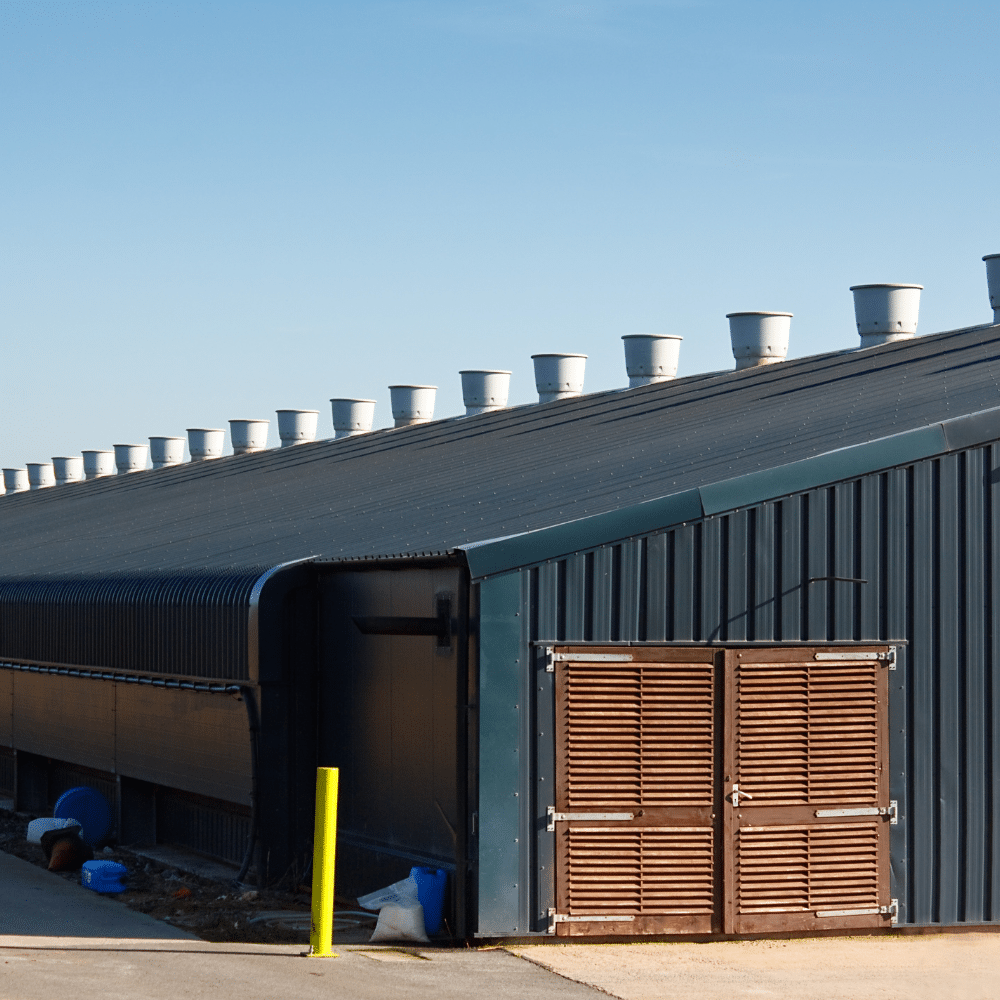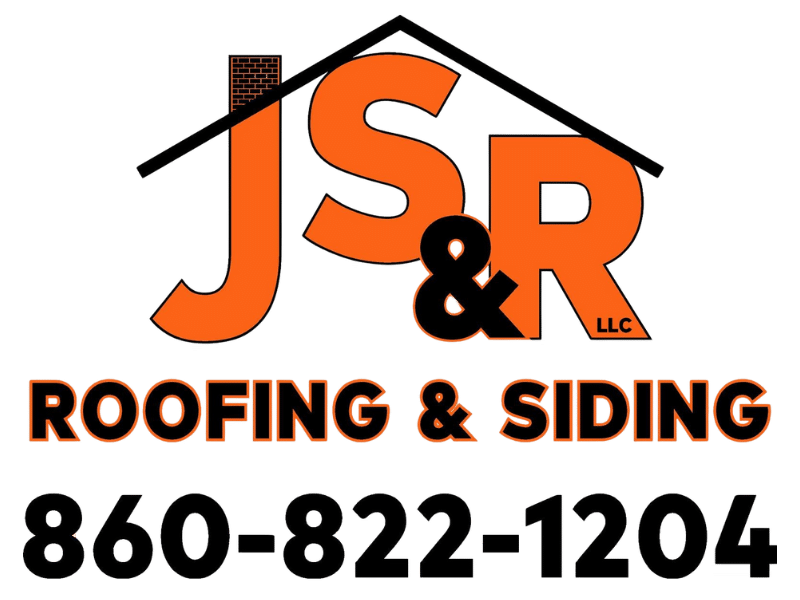When it comes to commercial buildings, the roofing system is one of the most crucial components. It protects your investment, impacts energy efficiency, and influences the overall aesthetics of the structure. With several options available, including flat, sloped, and hybrid roofing systems, understanding the characteristics of each type can help you make an informed decision. Here’s a breakdown of these options, along with insights from a trusted roofing contractor in CT.
Flat Roofing Systems
Flat roofs are defined by their minimal slope, making them a popular choice for many commercial buildings such as warehouses, retail stores, and office complexes.
Pros:
- Cost-Effective Installation: Flat roofs usually require fewer materials and less labor, resulting in lower installation costs. This is particularly appealing for businesses looking to minimize expenses.
- Usable Rooftop Space: The flat surface allows for the installation of HVAC units, solar panels, and even rooftop gardens, maximizing the utility of the building’s footprint.
- Easier Maintenance: Accessing a flat roof for inspections and repairs is generally straightforward, making routine maintenance more manageable.
Cons:
- Water Pooling Risks: Without proper drainage, flat roofs can experience water pooling, leading to leaks and potential structural damage.
- Limited Lifespan: Depending on the materials used, flat roofs may have a shorter lifespan compared to sloped options, necessitating more frequent repairs or replacements.
Sloped Roofing Systems
Sloped roofs feature a distinct pitch, which is beneficial for effective water drainage. This design is common in various commercial settings, from office buildings to retail spaces.
Pros:
- Effective Water Drainage: The slope facilitates quick runoff, significantly reducing the risk of leaks and water-related damage.
- Longer Lifespan: Sloped roofs often have better ventilation and drainage, contributing to a longer lifespan and lower maintenance costs.
- Aesthetic Appeal: Many find sloped roofs more visually appealing, providing a traditional and attractive look that can enhance a building’s overall design.
Cons:
- Higher Installation Costs: Sloped roofs generally involve more materials and labor, resulting in higher upfront costs.
- Maintenance Challenges: Accessing and maintaining a sloped roof can be more complicated, particularly for larger or taller buildings.
Hybrid Roofing Systems
Hybrid roofing systems combine elements of both flat and sloped designs, offering unique flexibility for various architectural needs.
Pros:
- Versatile Design: Hybrid roofs can accommodate a wide range of architectural styles and functional requirements, allowing for creative solutions tailored to specific needs.
- Optimized Water Management: By incorporating both flat and sloped sections, hybrid systems can improve drainage while still providing usable rooftop spaces.
- Usable Rooftop Areas: Similar to flat roofs, hybrid designs can offer functional rooftop spaces for installations like gardens or recreational areas.
Cons:
- Complex Installation: The design and installation of hybrid roofing systems can be more intricate, potentially leading to increased costs and installation time.
- Maintenance Requirements: Managing both flat and sloped areas may require additional attention to ensure that all sections remain in good condition.
Conclusion
Assessing your options for roofing systems is essential for the long-term success of your commercial building. Each type—flat, sloped, or hybrid—has distinct advantages and disadvantages that can influence your decision. Factors such as building design, budget, local climate, and intended roof usage should all play a role in your choice.
For expert guidance tailored to your specific needs, consult a reliable roofing contractor in CT. At JS and R Roofing, we specialize in helping businesses choose the right roofing solution that balances durability, aesthetics, and cost-effectiveness. Contact us today to learn more about your options and ensure your commercial roof meets all your requirements!









